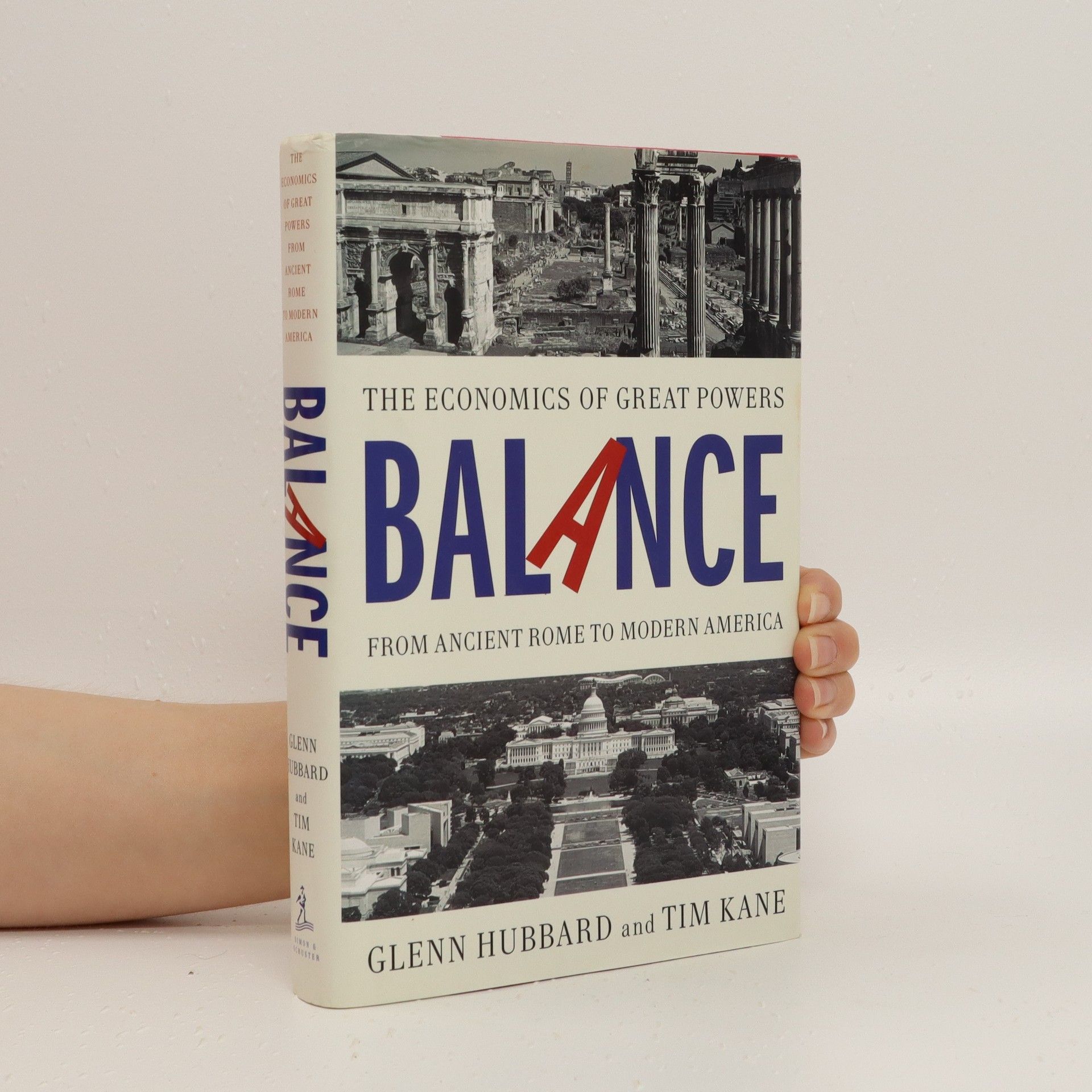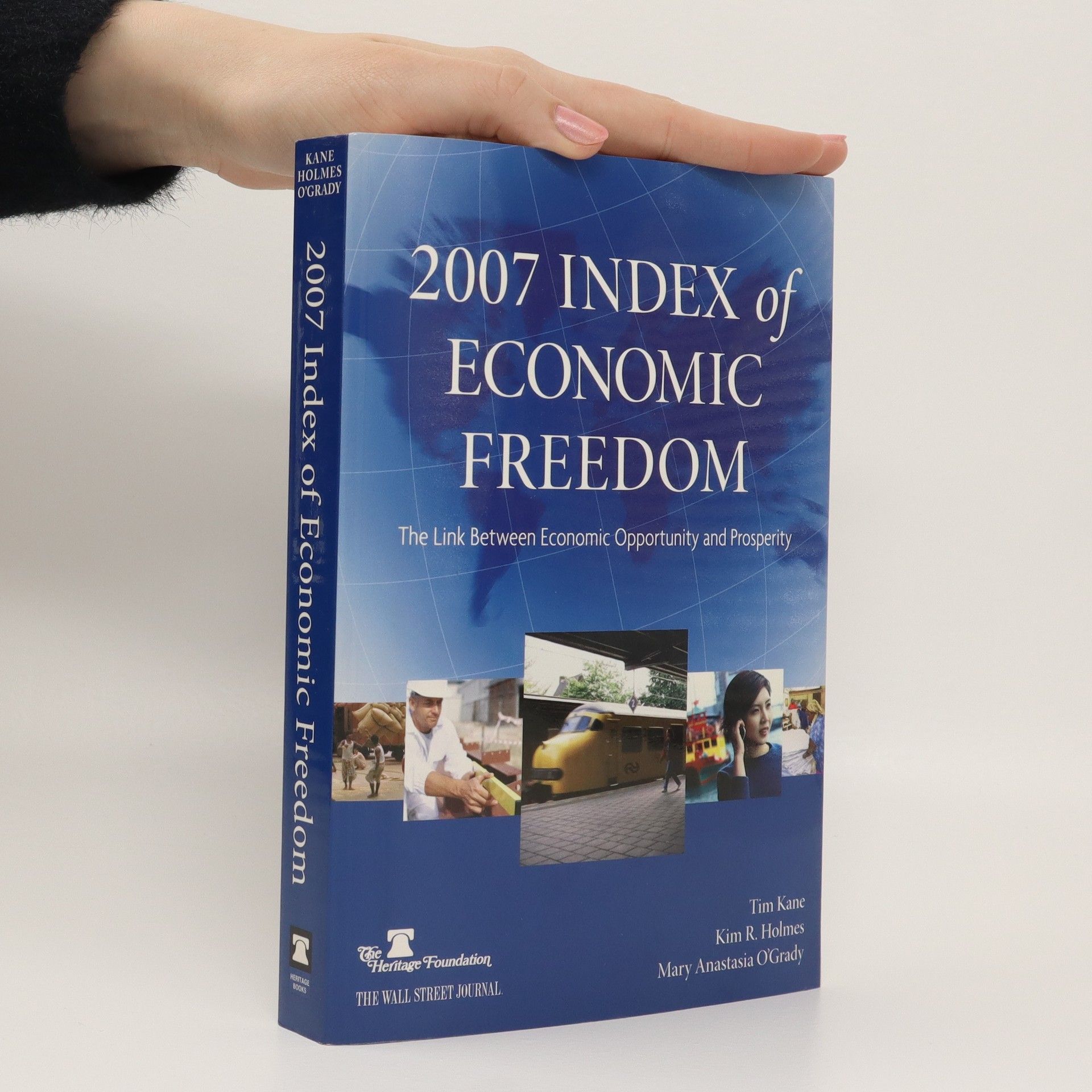In The Immigrant Superpower, Tim Kane argues that immigration has long been a source of American strength and that exceptional immigrants have been crucial to American exceptionalism. Deftly combining stories of immigrants who have contributed to the American experience with analysis of the effects of immigration on wages and unemployment, Kane's impassioned view of how immigration has made America great stands in contrast to the broken and dysfunctional debate about immigration.
Tim Kane Ordre des livres (chronologique)
Tim Kane est chercheur à la Hoover Institution de l'Université de Stanford. Son travail explore les subtilités du talent et l'économie de la puissance nationale, en examinant l'interaction complexe entre le capital humain et les stratégies mondiales. Ayant précédemment servi comme officier dans l'armée de l'air américaine, Kane apporte une perspective unique à ses analyses.



Balance : the economics of great power from ancient Rome to modern America
- 351pages
- 13 heures de lecture
Two economists explain why financial imbalance causes civil collapse--and why America could be next. From the Roman Empire to the Ming Dynasty to Imperial Spain, the superpowers of the world have grown to become the greatest economic, political, and military forces of their time--only to collapse.
2007 Index of Economic Freedom
- 408pages
- 15 heures de lecture
Twelve of the top 20 freest economies in the world are European. So why were there riots in Paris last year? Simple. France is not one of the top 20, suffering from low labor freedom and high unemployment. For over a decade, The Wall Street Journal and The Heritage Foundation, Washington's preeminent think tank, have tracked the march of economic freedom around the world with the influential Index of Economic Freedom. This year, the 2007 Index of Economic Freedom has been redesigned to be accessible to the congressional staffer and the college student, the finance minister and the financial adviser. The Index measures 10 freedoms - from property rights to entrepreneurship - in 157 countries. For the first time, the 2007 edition also analyzes regions to showcase the freest economies in every part of the world. Book jacket.